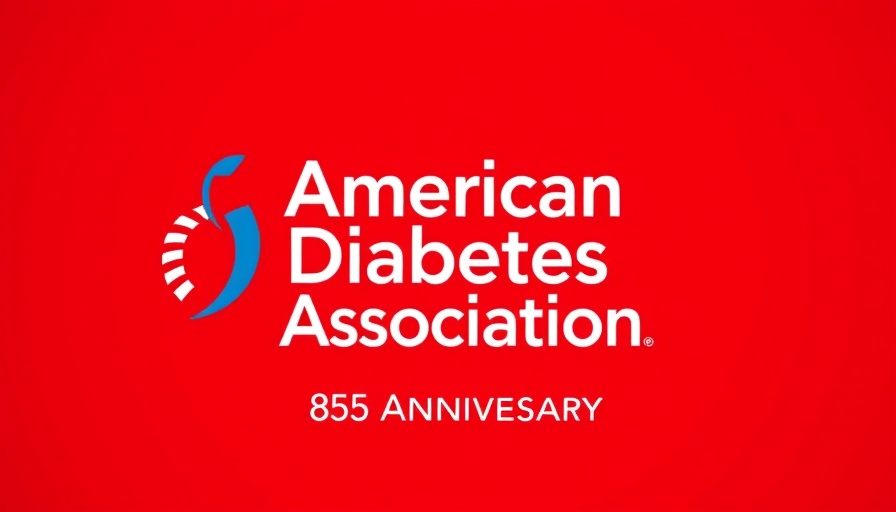
Drastic Cuts to Essential Health Programs: A Concern for Many
The recent approval of H.R. 1 by the U.S. House of Representatives has sparked grave concern among advocates for public health, particularly those involved with the care of individuals living with diabetes. The American Diabetes Association (ADA) has expressed its dismay, indicating that this legislation poses a serious risk to the health of nearly 12 million Americans who currently depend on vital healthcare and nutrition services. These programs are not just lifelines but essential routes towards managing diabetes effectively.
Impact on Diabetes Management and Care
For individuals battling diabetes, access to medications, nutrition support, and the latest technology is critical. H.R. 1’s proposed cuts to programs such as Medicaid and the Affordable Care Act (ACA) directly threaten the ability of patients to obtain the care they need. These services help prevent severe complications associated with diabetes, which can include kidney failure, blindness, and limb amputation. As the ADA warns, losing these resources may lead to skyrocketing healthcare costs associated with treating preventable conditions.
Understanding the Legislation: What’s at Stake?
H.R. 1 outlines significant reductions in funding for healthcare coverage, primarily impacting government-sponsored programs that many individuals living with diabetes rely on to facilitate their treatment. As they lose essential care, the repercussions extend beyond immediate health outcomes; they also encompass emotional and financial stress for families. Many advocates are sounding the alarm for heightened awareness around how policy changes can directly influence the daily lives of those managing chronic conditions.
Broader Context: The Fight for Diabetes Advocacy
Understanding the implications of the current health legislation isn’t just for the diabetic community; it’s a necessary conversation for all who prioritize public health. The ADA, now buzzing with 85 years of expertise, stands firmly in this advocacy space. For years, they have been at the forefront addressing not only treatment initiatives but also preventative measures to stave off diabetes in the population, which consists of nearly 136 million Americans with diabetes or prediabetes.
Now More Than Ever: The Call for Awareness
This current legislative landscape is shifting, and so must our collective approach to diabetes awareness and education. As the ADA states, managing diabetes effectively requires comprehensive access to necessary healthcare tools. Community efforts towards improving nutrition options, implementing robust educational resources such as glucose level reference charts, and providing supportive programs for older adults are paramount. There is a growing need for engaging conversations around the importance of timely diabetes detection, particularly in older adults who may be unaware of their risks.
A Look Ahead: Supporting Diabetes-Friendly Policies
The approval of H.R. 1 fundamentally alters the future of diabetes care and poses dire options for seniors reliant on specialized health services. Advocacy for continued support in ensuring healthcare policies maintain coverage for diabetes-related needs is crucial. Individuals and families facing these challenges should remain informed and engaged, understanding that their voices can collectively amplify the necessity of essential healthcare services.
For those navigating the complicated waters of Medicare and Medicaid, seeking expert help can provide clarity and ease the process of understanding available options. Contact Terrijo Parker Today! Your Medicare / Senior Benefits Support Expert Making The Complicated Easy To Comprehend. 231-571-6100.
 Add Row
Add Row  Add
Add 




Write A Comment